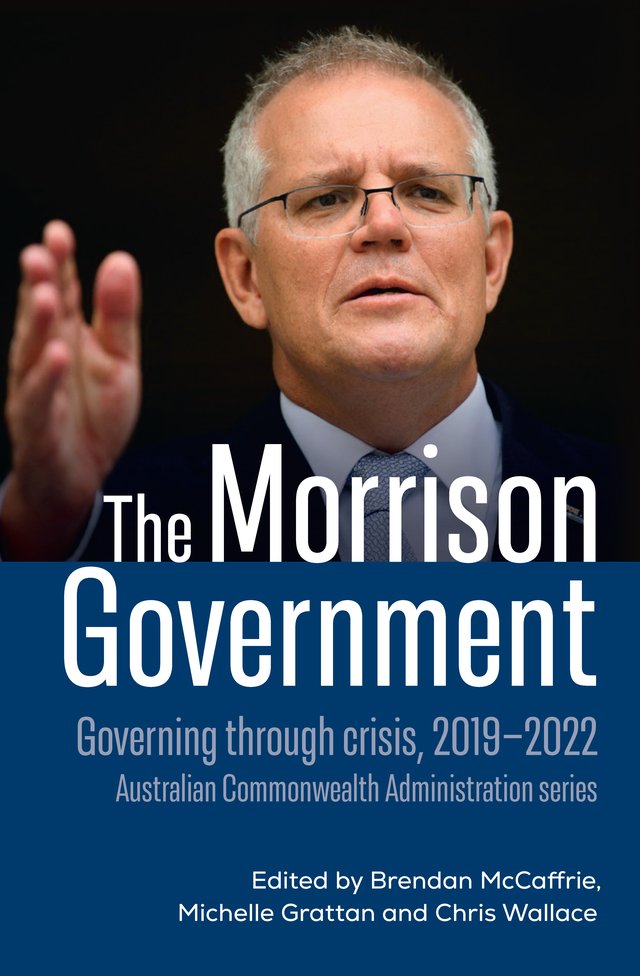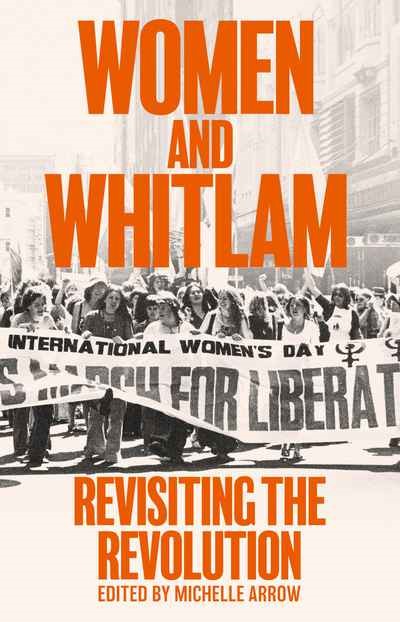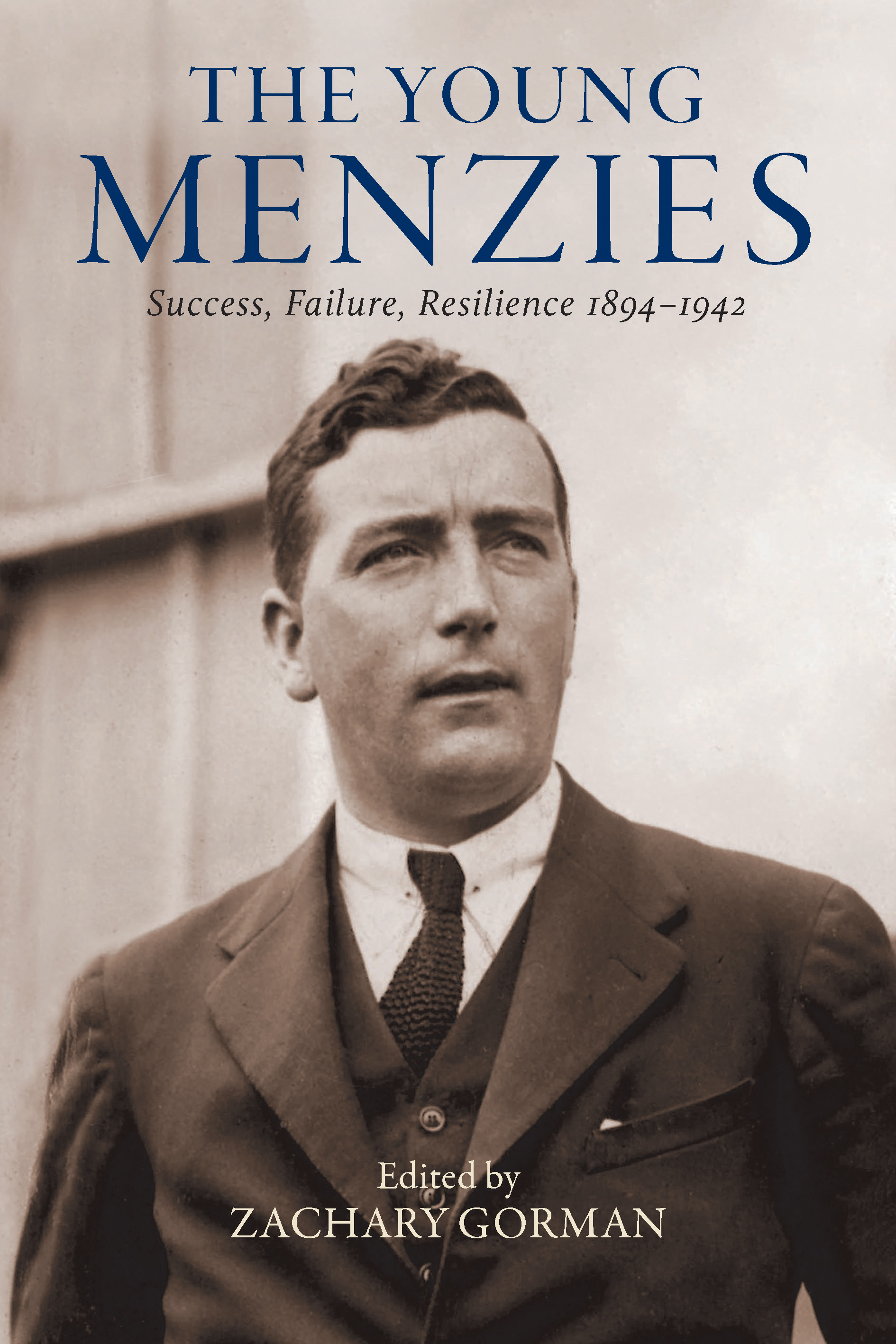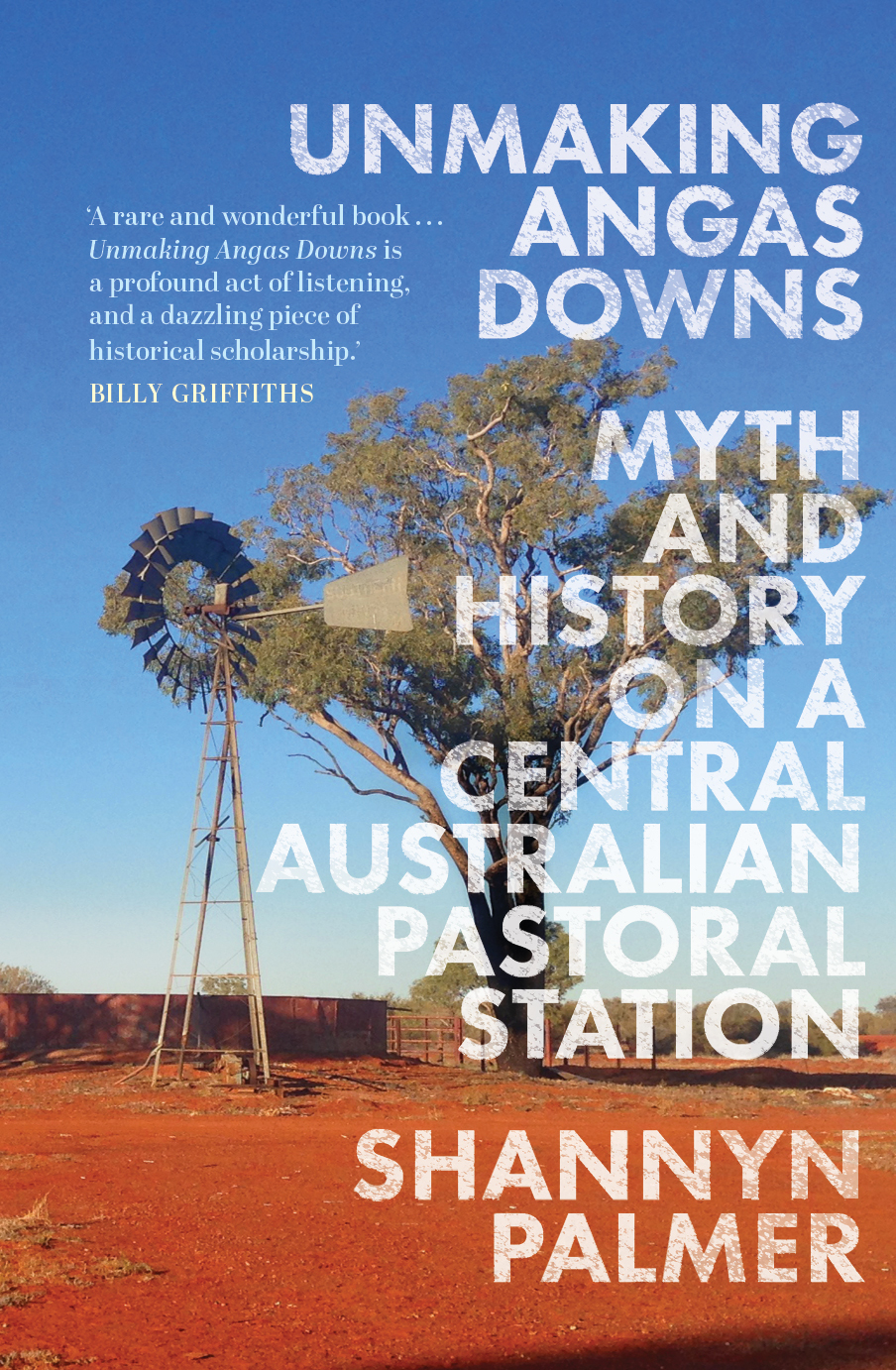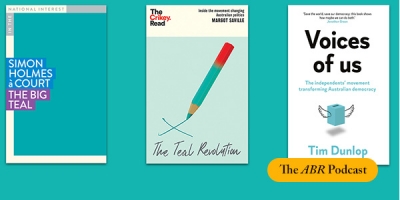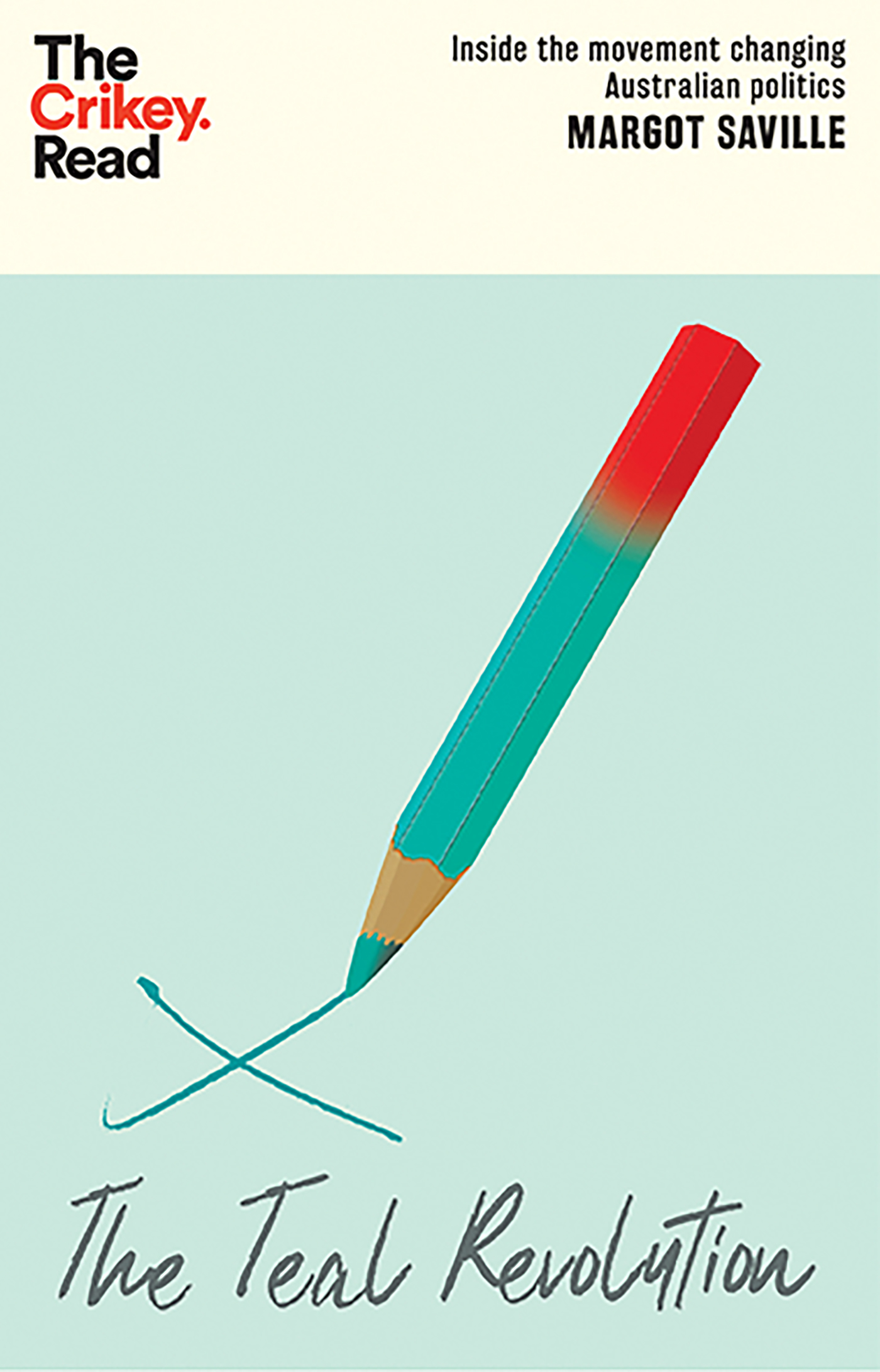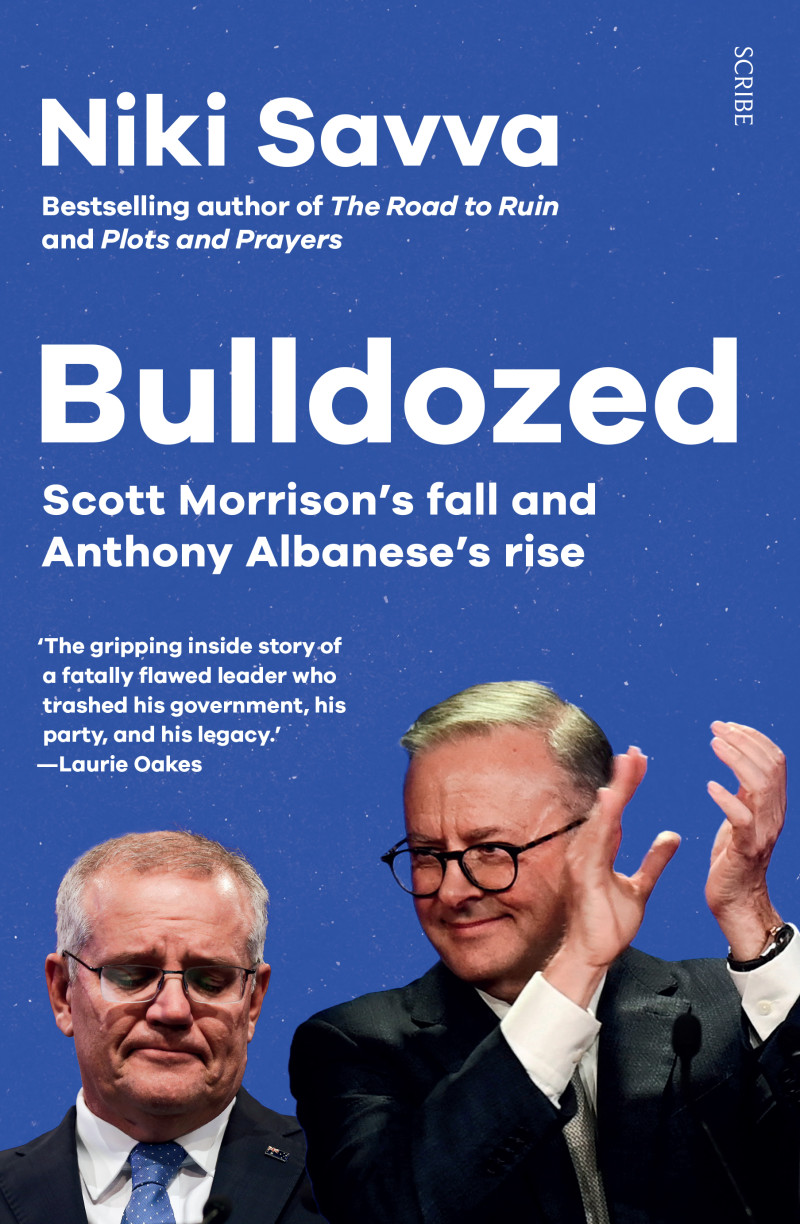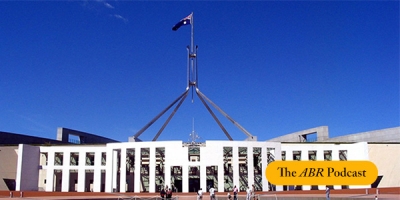Australian Politics
The Morrison Government: Governing through crisis, 2019-2022 edited by Brendan McCaffrie, Michelle Grattan and Chris Wallace
In June 1971, Sir John Bunting, secretary of the Department of Prime Minister and Cabinet, observed that new prime minister Billy McMahon was ‘the most political of all politicians’: demanding, difficult, always reacting to new, feverish urgencies. The result, according to Bunting, was constant crisis. ‘In fact,’ he went on, ‘I have come to look forward to each new crisis because it is the only way I have discovered of being able to be rid of the existing one.’
... (read more)In 2008, at the Australian zenith of the American custom of rating the first hundred days in power, Kevin Rudd issued a fifty-five-page booklet to mark his new government’s quotidian ton. Inevitably, it proved nothing much at all. Critics said it was both premature and simply validated the critique that Labor under Rudd had ‘hit the ground reviewing’. The Sydney Morning Herald worked out that Rudd had initiated an inquiry every four days, which sounded bad. But after eleven years of John Howard’s government, many things required attention. As Rudd countered, Howard had initiated ‘495 inquiries and reviews in 2005–06 alone’.
... (read more)Women and Whitlam: Revisiting the revolution edited by Michelle Arrow
When the Whitlam government was elected in 1972, women across Australia responded with elation. The Women’s Liberation Movement had helped bring Labor to power and was in turn galvanised by the programs, reforms, and appointments that began to be put in place. In Women and Whitlam: Revisiting the revolution, Michelle Arrow has assembled a splendid range of memoirs, reminiscences, and short essays that document twenty-five women’s perspectives on this much mythologised era. The collection will be of great interest to those who lived through these momentous times and to readers of Australian social and political history more generally. It will also serve as a useful teaching text.
... (read more)Nearly fifty years ago, when President Lyndon Johnson decided to begin scaling down Washington’s disastrous war in Vietnam, the Australian Minister for the Air, Peter Howson, confided to his diary that ‘to my mind it’s the first step of the Americans moving out of Southeast Asia and … within a few years, there’ll be no white faces on the Asian mainland’.
... (read more)The Young Menzies: Success, failure, resilience 1894–1942 edited by Zachary Gorman
Robert Menzies retired as prime minister more than fifty-three years ago and died in 1978, yet he remains not just a dominant figure in Australian political history but a strong influence on modern political affairs. As Zachary Gorman, editor of this latest book on Menzies, argues, ‘it has become almost a cliché to say that he built or at least shaped and moulded modern Australia’. He created the Liberal Party that has governed Australia for fifty of the past seventy-three years, and modern Liberal politicians still draw on Menzies’ ideals.
... (read more)Unmaking Angas Downs: History and myth on a Central Australian pastoral station by Shannyn Palmer
In Unmaking Angas Downs, researcher and writer Shannyn Palmer seeks to understand why a derelict pastoral station in Central Australia, once a hub for First Nations people and a popular tourist destination en route to Watarrka Kings Canyon, was abandoned. Established by white pastoralist Bill Liddle in the late 1920s, Angas Downs is 300 kilometres south-west of Mparntwe Alice Springs at a place known as Walara to Anangu. Curious about the shifting fortunes of Angas Downs, Palmer travels to Walara to uncover the ‘histories that are obscured by the single, fixed idea of the pastoral station’.
... (read more)Since the May 2022 federal election, several books have been published seeking to explain the rise of the teal independents. In this week’s ABR Podcast, Dennis Altman, a Vice-Chancellor’s Fellow at La Trobe University, reads his review of three such books. Altman argues that the media’s concern with the teals borders on an ‘obsession’, blinding them to other cross-currents in the Australian political landscape. Listen to Dennis Altman’s ‘Teal Talk: Exaggerating the independents’ revolution’.
... (read more)The Teal Revolution by Margot Saville & The Big Teal by Simon Holmes à Court
One of the by-products of every election is the instant analysis, often in the form of small books that read like extended newspaper articles. The success of the teals at the 2022 federal election has already produced extensive speculation about whether this signals a sea change in Australian politics.
... (read more)Bulldozed: Scott Morrison's Fall and Anthony Albanese's Rise by Niki Savva
Luck has always been a potent force in politics, good and bad, but for Scott Morrison, Australia’s thirtieth prime minister, it almost single-handedly drove his unheralded ascent.
... (read more)Unlike in the United States and several other Western nations, Australian governments are under no compulsion to consult parliament before sending troops to war. In Subimperial Power: Australian in the international arena, Clinton Fernandes argues that this reflects, and furthers, Australia’s longstanding ambition in foreign affairs, which is to demonstrate its usefulness to the United States. In this week’s ABR Podcast, Kevin Foster, an academic at Monash University who has published widely on war in the Australian media, reviews Subimperial Power.
... (read more)

